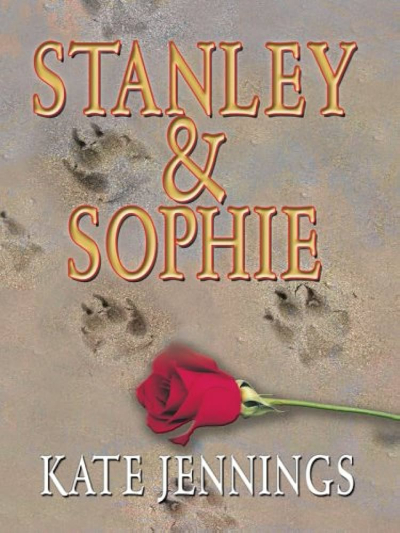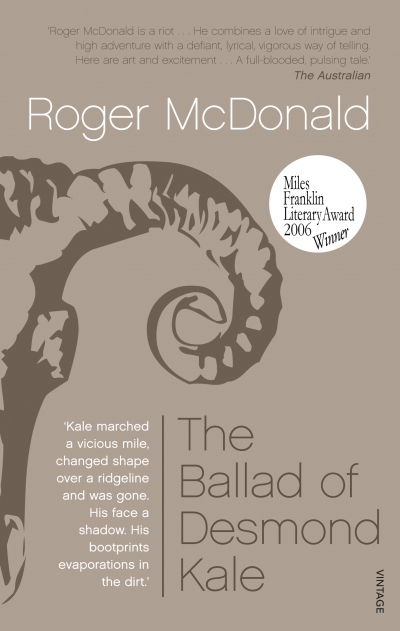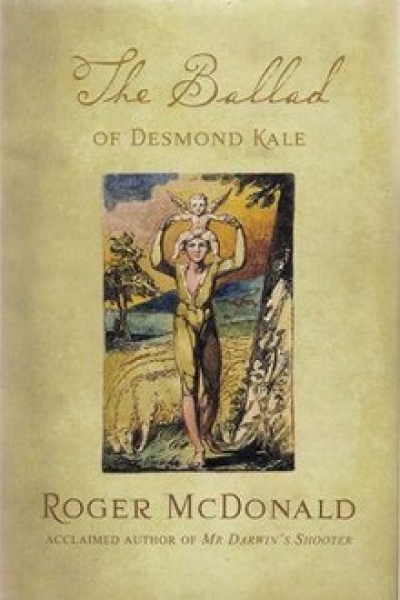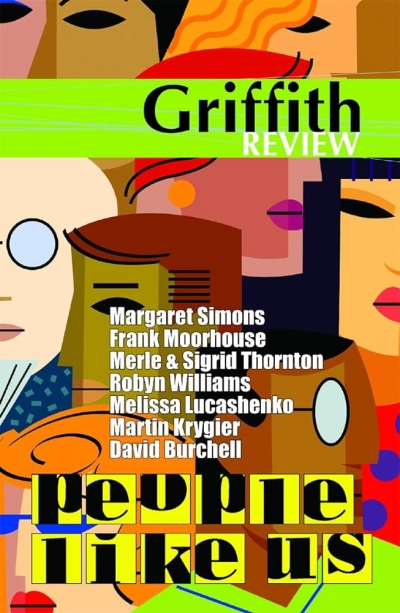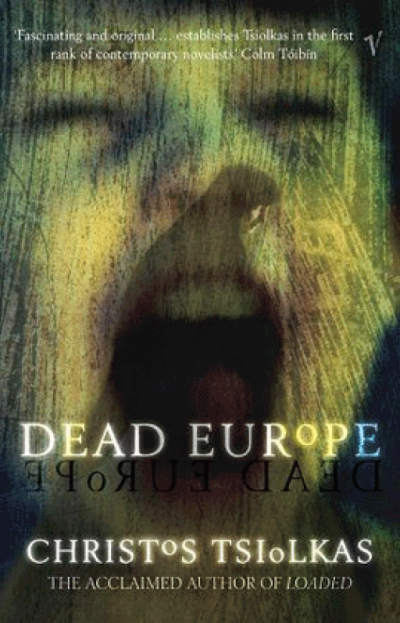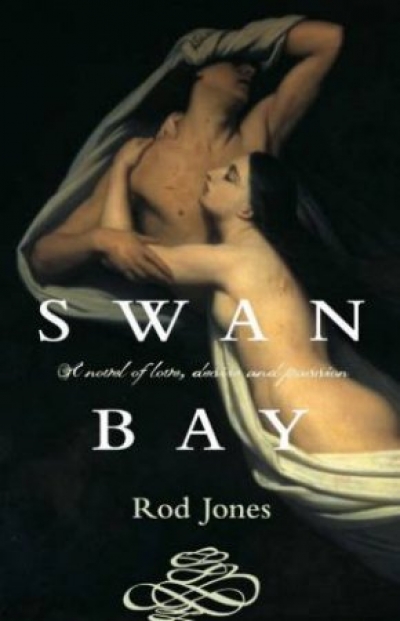How much do you care about sheep? I mean really care about sheep. Because The Ballad of Desmond Kale is up to its woolly neck in them. It’s an unusual and inspired variation on the classic Australian colonial novel of hunters for fortune, for identity and for redemption. The historical record is filled with accounts of early settlers grappling with the hostile and unpleasant environment. The battle to tame the distinctly un-European landscape has been a recurring theme in Australian literature ever since. As a consequence, the physical landscape has been mythologised. Here, the rhetoric goes, we might find ourselves. The bush and the outback are awarded a spiritual quality. If we can understand this, be at one with the space that was formerly so hostile to us, then maybe we can understand what it means to be Australian.
...
(read more)

